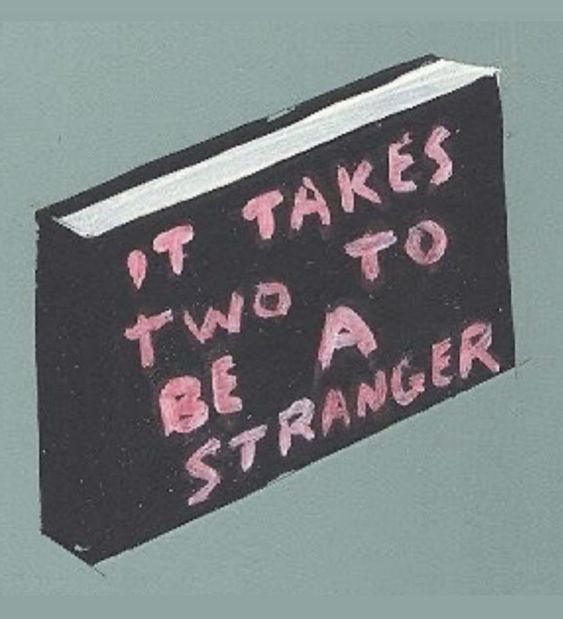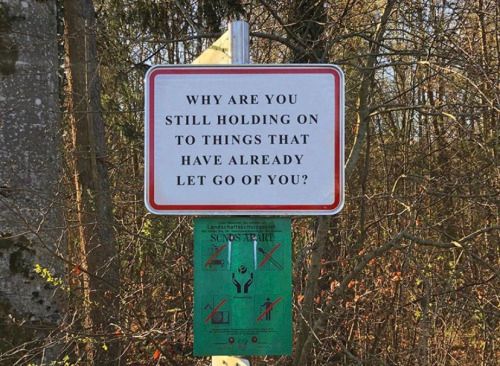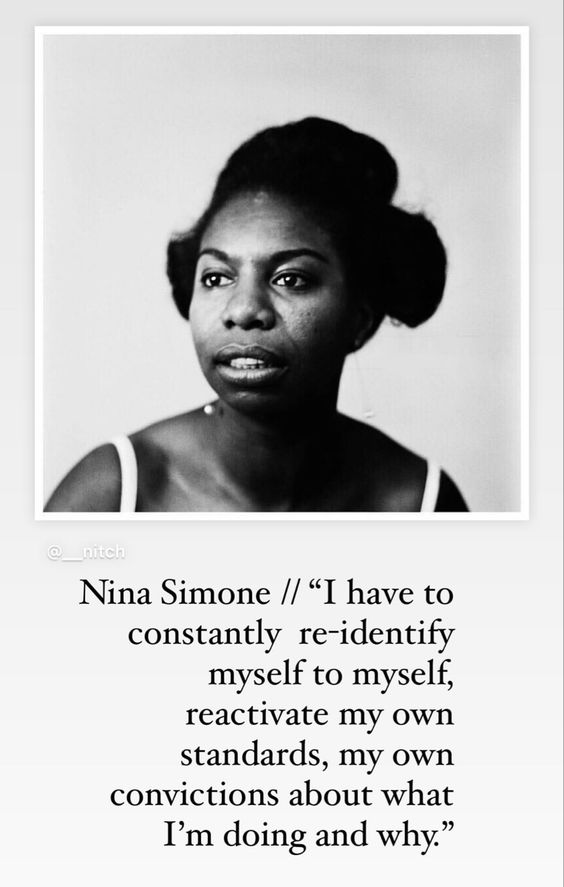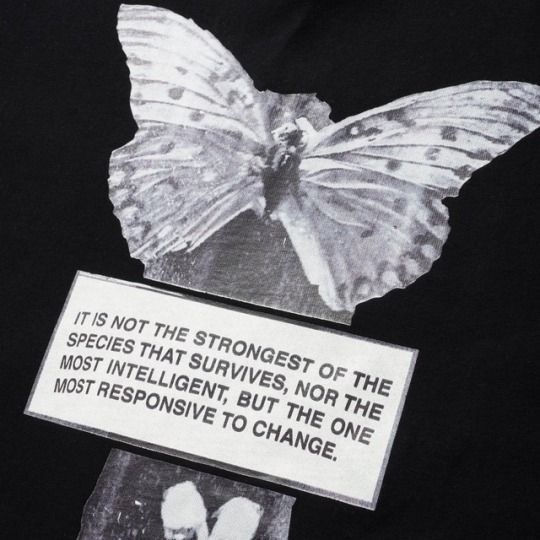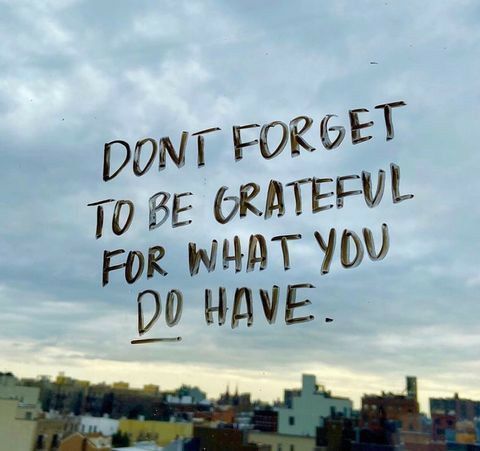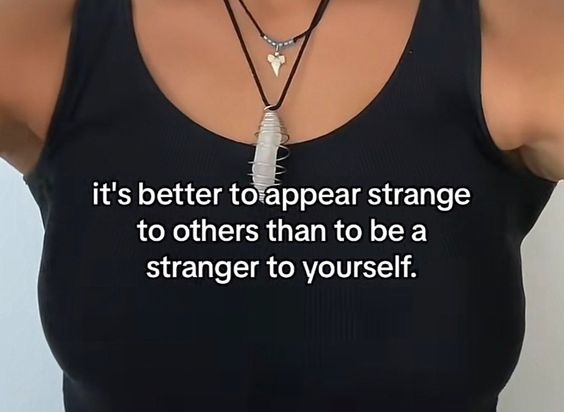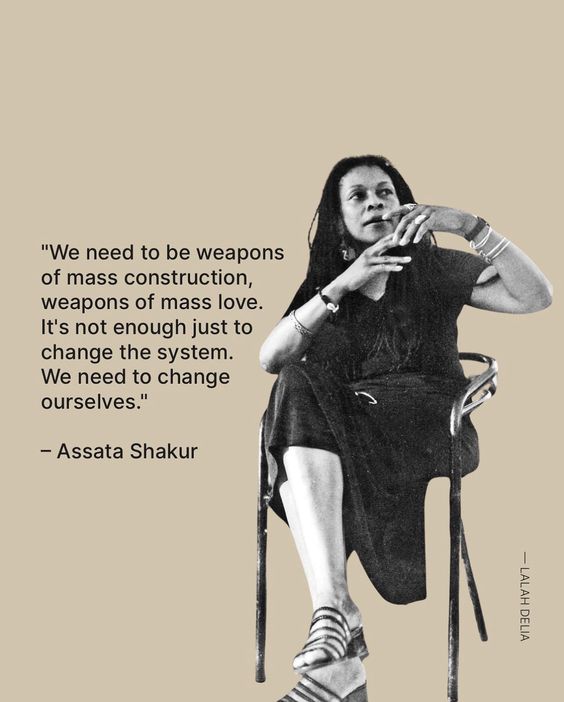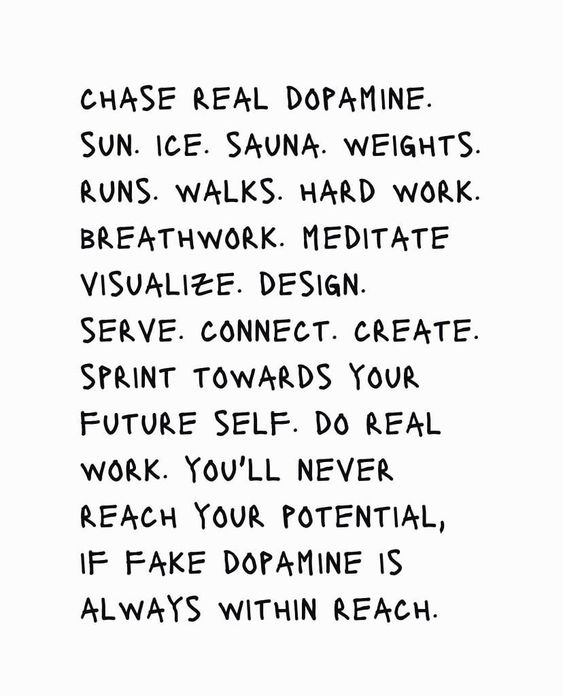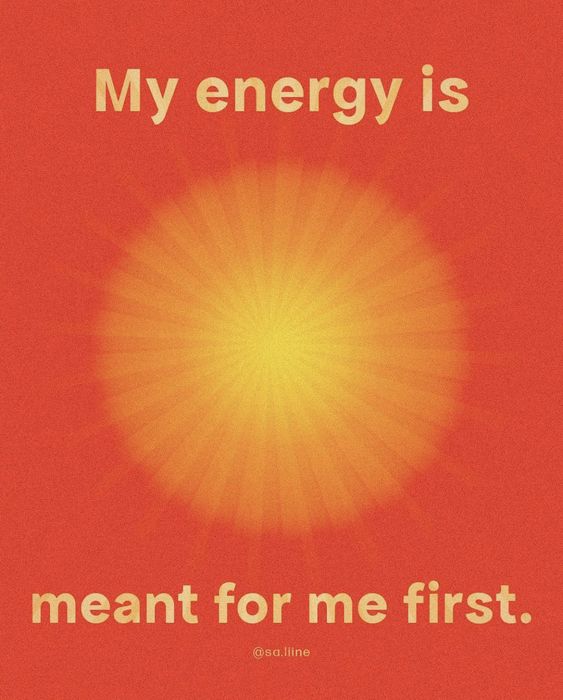“The producer of old age is habit: the deathly process of doing the same thing in the same way at the same hour day after day, first from carelessness, then from inclination, at last from cowardice or inertia. Habit is necessary; but it is the habit of having careless habits, of turning a trail into a rut, that must be incessantly fought against if one is to remain alive… one can remain alive long past the usual date of disintegration if one is unafraid of change, insatiable in intellectual curiosity, interested in big things, and happy in small ways.”
Edith Wharton
“I talked about how love was an action, an instinct, a response roused by unplanned moments and small gestures, an inconvenience in someone else’s favor. How I felt it most when he drove up to New York after work at three in the morning just to hold me in a warehouse in Brooklyn after I’d discovered my mother was sick. The many times these months he’d flown three thousand miles whenever I needed him. While he listened patiently through the five calls a day I’d been making since June.”
Michelle Zauner, Crying in H Mart (Page 143)
“I loved that she did not fear god. I loved that she believed in reincarnation, the idea that after all this she could start anew. When I asked her what she’d want to come back as, she always told me she’d like to return as a tree. It was a strange and comforting answer, that rather than something grand and heroic, my mother preferred to return to life as something humble and still.”
Michelle Zauner, Crying in H Mart (Page 135)
“In the same way that a vaccine exposes our body to a manageable amount of the virus or the disease, teaching it how to fight the illness, talking to ourselves (or our children) about what is going to happen in advance of it happening helps us deal with it. It removes the surprise, it removes the suddenness of it. The last thing you want to do is to face anything—a virus or a trip to the grocery store with a tired kid—defenseless. Especially when there are defenses available.”
Ryan Holiday
“I knew it was risky to add even more pressure to already tumultuous circumstances, and yet it felt like the perfect way to shed light on the darkest of situations. Instead of mulling over blood thinners and Fentanyl, we could discuss Chiavari chairs and macarons and dress shoes. Instead of bedsores and catheters, it’d be color schemes and updos and shrimp cocktail. Something to fight for, a celebration to look forward to.”
Michelle Zauner, Crying in H Mart (Page 129)
“This obsession with my mother’s caloric intake killed my own appetite. Since I’d been in Eugene, I’d lost ten pounds. The little flap of belly my mother always pinched at had disappeared and my hair began to fall out in large chunks in the shower from the stress. In a perverse way I was glad for it. My own weight loss made me feel tied to her. I wanted to embody a physical warning—that if she began to disappear, I would disappear, too.”
Michelle Zauner, Crying in H Mart (Page 100)
“Despair comes because energy goes on leaking, and people have forgotten how to contain it. In a thousand and one thoughts, worries, desires, imagination, dreams, memories, energy is leaking. And energy is leaking in unnecessary things that can be easily avoided. When there is no need to talk, people go on talking. When there is no need to do anything, they cannot sit silently; they have to ‘do.’ People are obsessed with doing, as if doing is a sort of intoxicant; it keeps them drunk. they remain occupied so that they don’t have time to think about the real problems of life. They keep themselves busy so that they don’t bump into themselves. They are afraid—afraid of the abyss that is yawning within. This is how energy goes on leaking, and this is why you never have too much of it. One has to learn how to drop the unnecessary. And ninety percent of ordinary life is unnecessary; it can easily be dropped.”
Osho, Everyday Osho (Page 211)
“I wondered if I should try to explain how important it was to me. That cooking my mother’s food had come to represent an absolute role reversal, a role I was meant to fill. That food was an unspoken language between us, that it had come to symbolize our return to each other, our bonding, our common ground. But I was so grateful for Kye’s help that I didn’t want to bother her. I chalked these feelings up to the unwarranted self-involvement of an only child and decided if Kye wouldn’t teach me, I should commit myself to another role.”
Michelle Zauner, Crying in H Mart (Page 98)
“I remembered how when I was a child I would slip my cold feet between my mother’s thighs to warm them. How she’d shiver and whisper that she would always suffer to bring me comfort, that that was how you knew someone really loved you. I remembered the boots she’d broken in so that by the time I got them I could go on unbothered, without harm. Now, more than ever, I wished desperately for a way to transfer pain, wished I could prove to my mother just how much I loved her, that I could just crawl into her hospital cot and press my body close enough to absorb her burden. It seemed only fair that life should present such an opportunity to prove one’s filial piety. That the months my mother had been a vessel for me, her organs shifting and cramping together to make room for my existence, and the agony she’d endured upon my exit could be repaid by carrying this pain in her place. The rite of an only daughter. But I could do no more than lie nearby, ready to be her advocate, listening to the slow and steady beeping of machinery, the soft sounds of her breathing in and out.”
Michelle Zauner, Crying in H Mart (Page 86)

